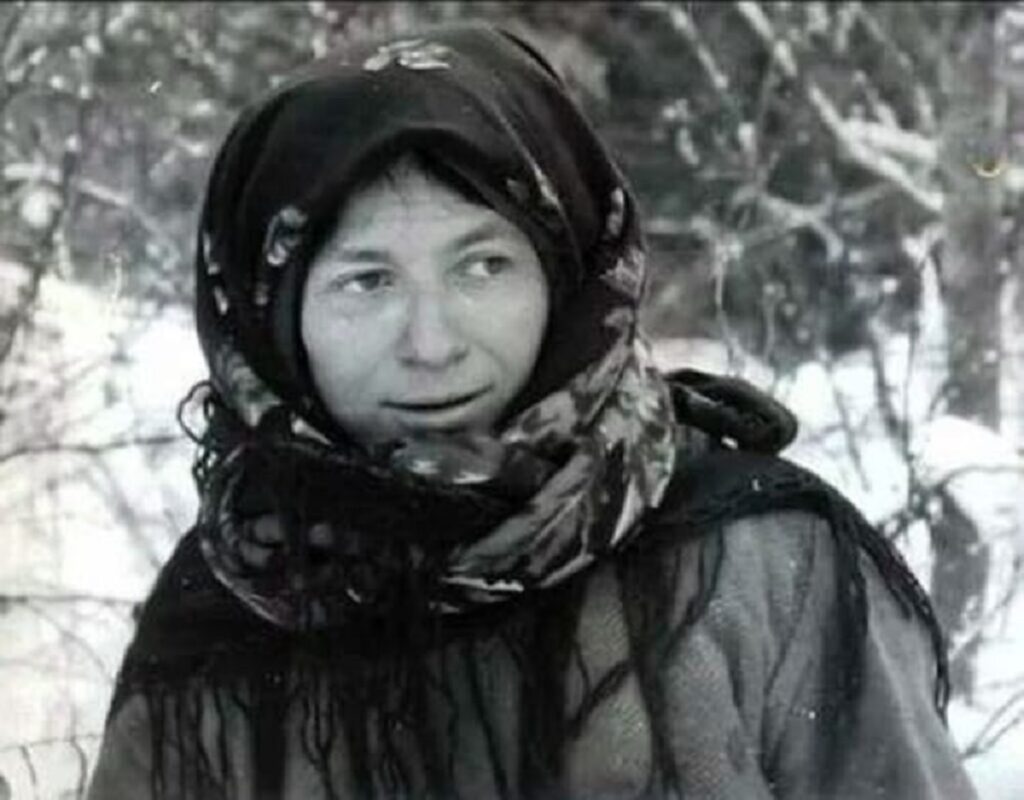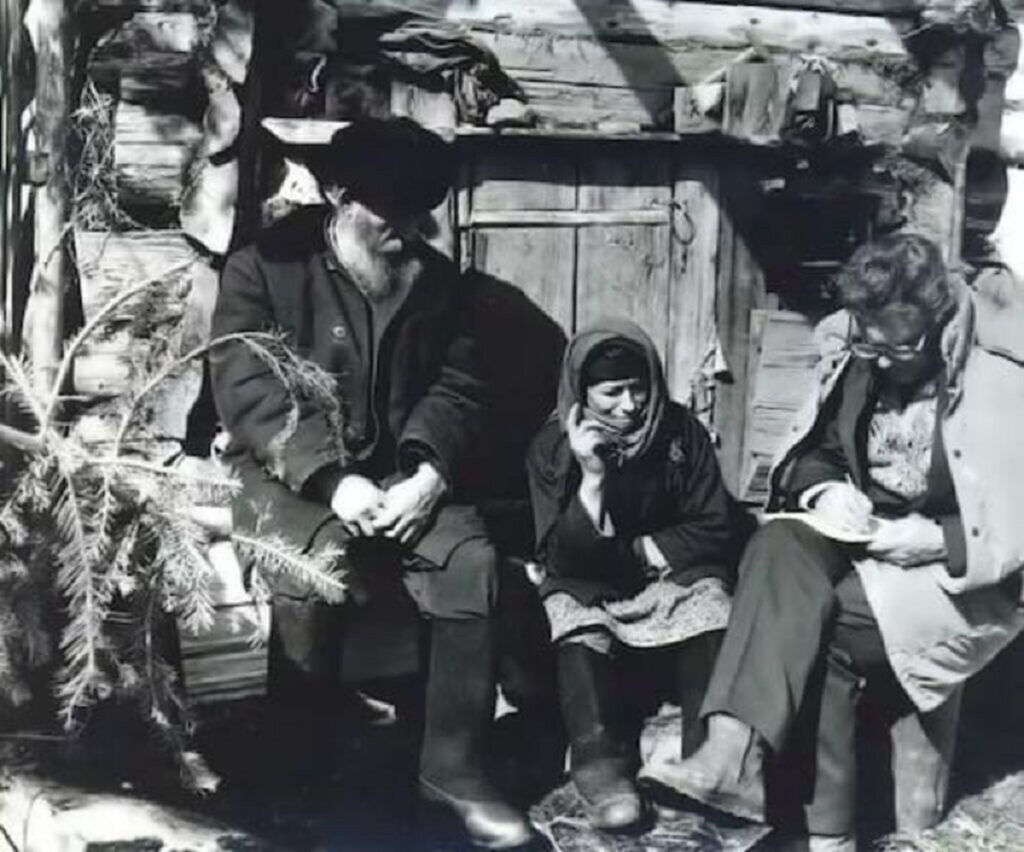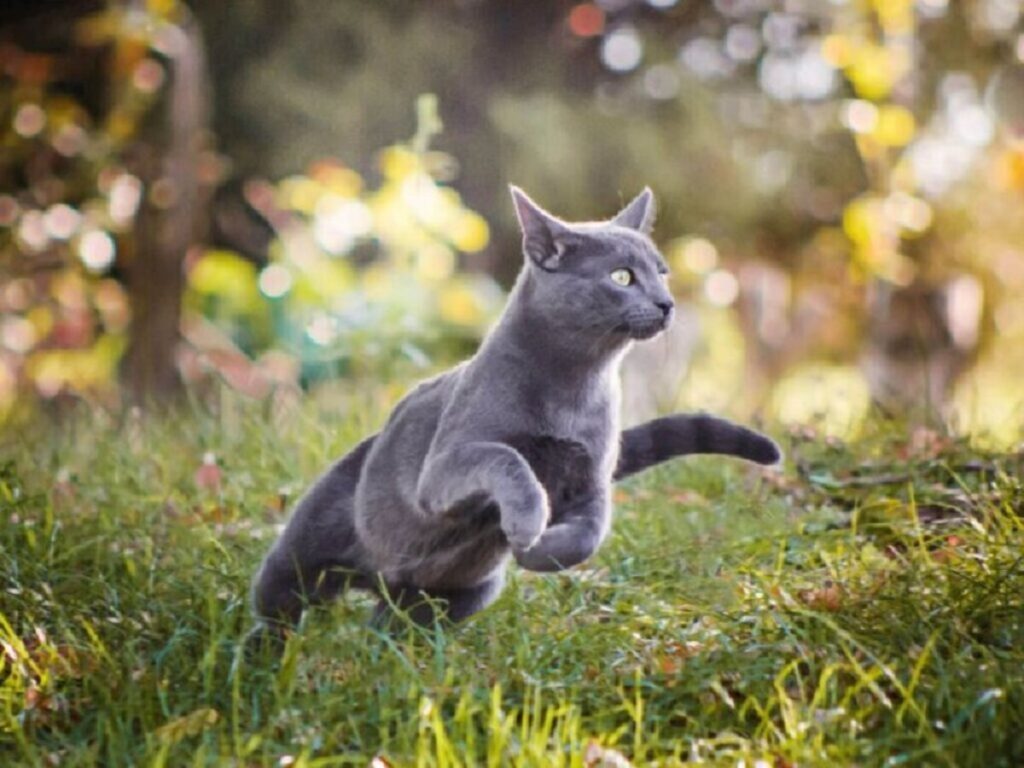In a world where communication is at our fingertips, the tale of a Russian family who lived in complete isolation for 40 years feels almost surreal. The Lykov family’s odyssey of resilience, entrenched in the Siberian wilderness, starkly contrasts the fast-paced, technology-centric lives many of us lead.
The Lykov Family: Living Off the Grid
Nestled deep within the vast Siberian Taiga, the Lykov family epitomised a life free from modern influences. Their isolation dates back to the mid-1930s when Karp Lykov, fleeing the oppressive Soviet regime following the tragic death of his brother at the hands of soldiers, took his wife Akulina and their young children, Savin and Natalia, into the unforgiving wilderness in search of refuge.
For an astonishing 40 years, the Lykovs remained secluded, completely cut off from the outside world, with their first interaction with another person occurring in 1978 when a group of Soviet geologists unexpectedly discovered their isolated homestead.
A Testament to Resilience and Simplicity
The life of the Lykov family exemplified extraordinary resilience and self-sufficiency. They fashioned their clothing from hemp and tree bark, subsisting on a diet that occasionally teetered on the brink of famine. Their existence revolved around the fundamental necessities—hunting, food cultivation, and reading the Bible, their sole source of entertainment and spiritual guidance.
The children, Dmitry and Agafia, born after the family retreated to the wilderness, had no comprehension of the world beyond their forest home. They were oblivious to monumental events, such as World War II, living solely within the confines of their isolated upbringing.
The World Intrudes
When the outside world rediscovered the Lykovs, it marked a pivotal moment in their story, albeit with tragic repercussions. Despite curiosity from Soviet authorities, the family opted to cling to their secluded lifestyle. This choice ultimately resulted in profound loss, as most family members passed away shortly after their encounter with the outside world. Karp Lykov, however, lived to the ripe age of 90, succumbing in 1988, leaving only his youngest daughter, Agafia, behind.
A Modern Hermit’s Tale

Agafia Lykov stands as the sole surviving member of her family, still residing in the Taiga today. Though her life is somewhat more manageable compared to her family’s past, it remains marked by solitude and survival. Agafia’s continued existence in the forest serves as a poignant reminder of her family’s remarkable story of faith, isolation, and unyielding perseverance against the odds.
In a society that often prioritises connection and technology, the Lykov family’s narrative serves as a compelling reminder of the fundamental elements required for survival and the potential for life to thrive in its simplest form. Their extraordinary journey invites us to reflect on our own lives, challenging the true significance of modern conveniences and the essential needs for survival.







